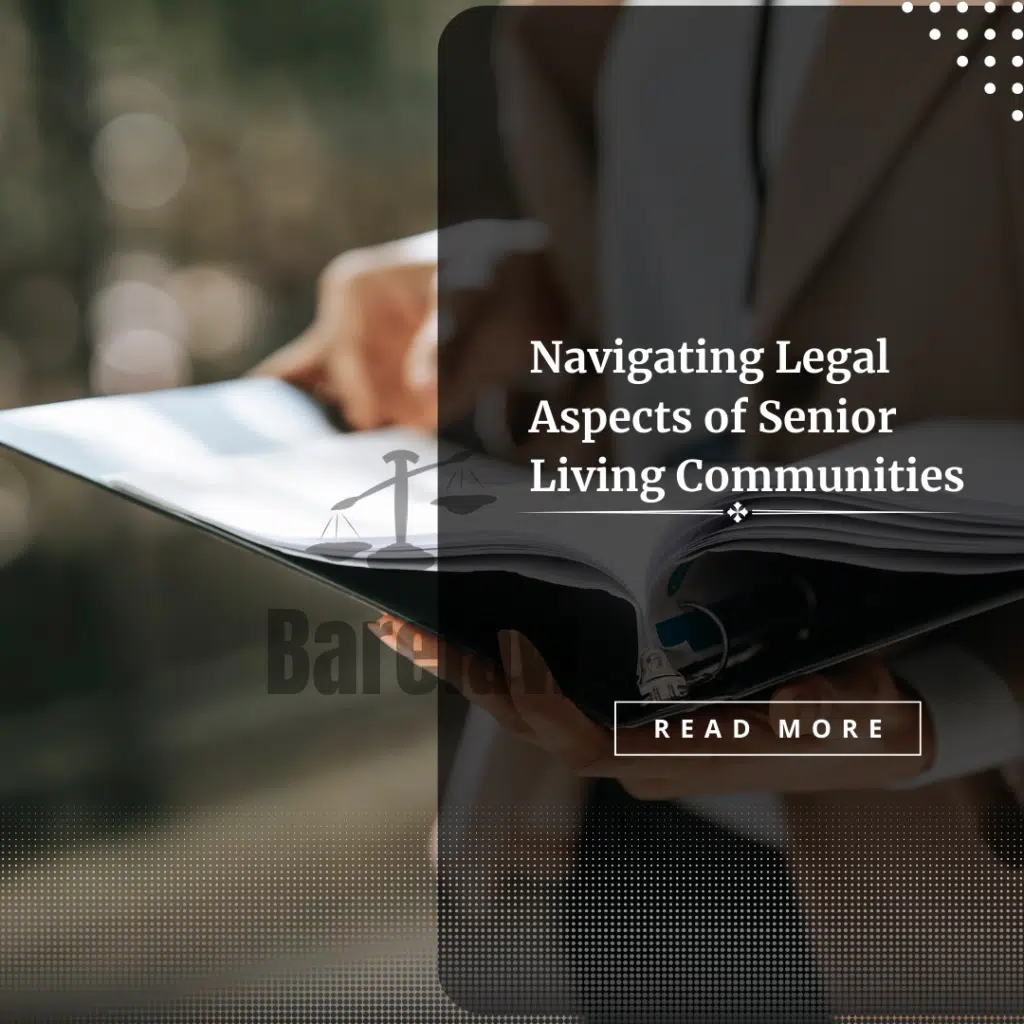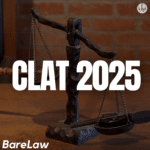
Table of Contents
Navigating Legal Aspects of Senior Living Communities
Navigating Legal Aspects of Senior Living Communities
As our population keeps getting older, there is a higher demand for retirement housing and senior living facilities. Many senior citizens are looking into these options in order to spend their golden years in comfort with support. Nevertheless, before making such a monumental choice, it is important to recognize the legal aspects of selecting a retirement community or senior living facility. This article explores some of the key legal considerations that seniors and their families should be aware of when transitioning into these homes.
1. Contracts and Agreements
When thinking about moving into a retirement community, you will likely come across different contracts and agreements. These may include residency agreements, service contracts, as well as health care agreements among others. Be sure to read through these documents carefully — preferably with an attorney present — so you understand all the terms and conditions involved. Pay close attention to:
- Fees and Costs – Understand what types of fees are associated with your chosen community such as entrance fee(s), monthly maintenance costs; also find out if there are additional charges for services provided.
- Termination Clauses – Make yourself familiar with termination policies along with refund policies in the event that one needs to move out or if circumstances change etc.
- Rights and Obligations – Know your rights as a resident but also consider what obligations this places upon the facility in relation to service delivery, maintenance requirements etc.
2. Discrimination and Fair Housing Laws
Senior citizens enjoy certain protections under federal laws like The Fair Housing Act which makes it illegal to discriminate against anyone based on race/color/religion/sex/national origin/familial status/disability (among others). It’s crucial for seniors themselves know about their own rights under this legislation too — just as much as they should be aware about what is expected from retirement communities vis-à-vis equality in housing opportunities provision.
If you feel that you have been discriminated against or treated unfairly then it would be wise for you document any incidents where discrimination may have taken place and seek advice from lawyers who specialize in housing discrimination cases.
3. Resident Councils and Associations
A number of retirement communities have resident councils or associations which serve as platforms for residents to voice out concerns; make suggestions and participate in making decisions about their welfare within such facilities. Take time to study these groups’ bylaws plus rules so that you can know how best to use them as an avenue through which one may advocate for his/her interests while also addressing communal challenges.
4. Healthcare and Medical Rights
Often times senior citizens residing in senior living facilities require health care services more frequently than not. Understand what rights pertain to medical care provision for someone at this stage of life including decision making powers over things like choice among providers; treatment consent etc. You may need a lawyer’s help in drafting advance directives or living wills that ensure your healthcare preferences are legally binding.
5. Eviction and Discharge Policies
Every retirement community has got its own set rules regarding eviction or discharge usually pegged on certain factors such as non payment; violation(s) of community rule(s); change(s) in care needs etc. Therefore it is important for one get acquainted with these policies so as to be well prepared should anything happen under any given circumstance. Additionally ensure observance of due process rights during evictions/discharges from said establishments.
6. Resident’s Bill of Rights
Some states have enacted specific legislation outlining a “Resident’s Bill Of Rights” applicable only within their jurisdiction vis-à-vis individuals living within senior citizen housing units – check if your state has such laws and familiarize yourself with what they entail since falling under this category could help safeguard certain freedoms during stay at a nursing home / assisted living facility etc.
7. Legal Capacity and Decision-Making
Seniors as they grow older may encounter issues of legal capacity and decision-making. That being so, it is crucial to prepare for such possibilities by considering legal instruments like power of attorney and guardianship arrangements. If you become incapable of making decisions, consult a lawyer to put in place these protections for your rights.
8. Property and Asset Protections
People who are moving into senior living facilities often worry about protecting their property and assets. Financial and legal advisors should be engaged by the elderly to protect their wealth, plan for inheritance, and meet Medicaid qualifying standards where necessary.
Conclusion
Deciding on retirement or elderly care housing is one of the most important choices people make in their lives. Therefore, it is essential that we do everything within our means as individuals so that this transition can be smooth and secure legally speaking. From scrutinizing contracts/ agreements to understanding our privileges, having knowledge regarding law related aspects about old age homes will enable us select what suits us best during retirement years. Always seek legal advice when needed this ensures that all your rights are safeguarded while starting off afresh with another stage in life”



